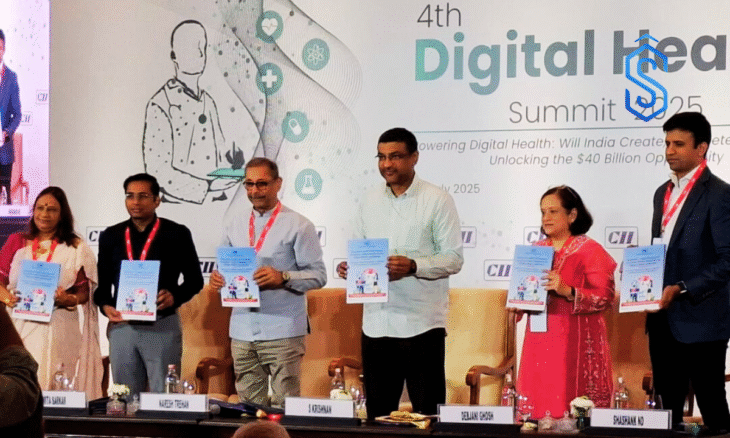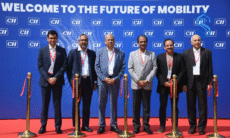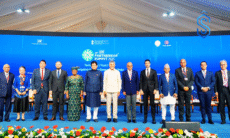Pune: The CII MediBuddy Report 2025, titled “Workplace Health Reimagined: Corporate India’s Readiness for Digital Health Leadership”, has revealed that over 70% of employees in India face at least one lifestyle-related health risk.
Alarmingly, only 20% of employers currently provide routine health screenings. As India moves towards its Viksit Bharat 2047 vision, the report highlights the urgent need to reposition employee wellness as a strategic business priority, rather than a peripheral HR initiative.
Jointly released by the Confederation of Indian Industry (CII) and MediBuddy, India’s largest digital healthcare platform, the CII MediBuddy Report maps India Inc’s readiness to adopt digital health-first models.
Also Read: Philip Morris India Affiliate IPM India Earns Equal-Salary Certification
With hybrid work, rising chronic disease burden, and medical inflation shaping new expectations, the report emphasizes the importance of personalized, proactive, and always-on care ecosystems powered by AI, mobile-first tech, and data-enabled wellness.
Key National-Level Findings from the CII MediBuddy Report:
- Non-Communicable Diseases (NCDs) now account for 63% of all deaths in India, with median onset ages of 32 (heart disease), 34 (diabetes), and 36 (stroke).
- 70% of India’s population in rural and semi-urban areas face access barriers to healthcare and diagnostics.
- Only 41% of Indian households are covered by health insurance.
- OPD insurance penetration remains under 0.1%, compared to over 85% in the US.
- Out-of-pocket expenditure (OOPE) still constitutes 63% of total health spend in India.
Workplace-Level Insights:
- Presenteeism and chronic conditions cost companies up to ₹1.12 lakh per employee annually.
- Just 20% of wellness programs include essential diagnostics, despite these influencing 70% of medical decisions.
- Only 1.9% of eligible women undergo cervical cancer screening; just 36% of corporates offer women-centric wellness benefits.
- SMEs, which employ 111 million workers, show just 9% wellness coverage.
India’s average Corporate Wellness Quotient (CWQ) score stands at 55/100, with only 15% of firms considered “mature” in wellness readiness.
The Road Ahead: Digital and Inclusive Wellness
The CII MediBuddy Report outlines how technology is reshaping healthcare delivery in corporate India. Initiatives like Ayushman Bharat Digital Mission (ABDM) and 100% cashless claims via IRDAI are accelerating the integration of OPD-first and preventive healthcare.
Also Read: Zinnov Awards 2025: 20 Organizations Recognized for Scaling AI and Enterprise Value from India
Employers are now encouraged to move away from annual camps toward year-round wellness frameworks using gamified platforms, wellness wallets, and mobile-first apps. These new models are enabling greater employee engagement, personalization, and inclusivity – especially for underserved groups like gig workers, women, and informal sector employees.
Satish Kannan, Co-founder & CEO, MediBuddy, stated, “India’s economic ambitions hinge on the well-being of its workforce. This report reinforces that employee wellness is no longer a checkbox – it’s capital. With digital-first ecosystems and personalized care models, we’re reimagining the workplace as a hub of proactive health.”
The report introduces two powerful tools for corporates:
- Corporate Wellness Quotient (CWQ): A benchmarking framework that evaluates digital wellness maturity across access, policy, technology, and engagement.
- 10-Step Wellness Blueprint: A roadmap guiding companies to build resilient and inclusive healthcare ecosystems.
Read the full CII MediBuddy Report and explore strategic insights here










